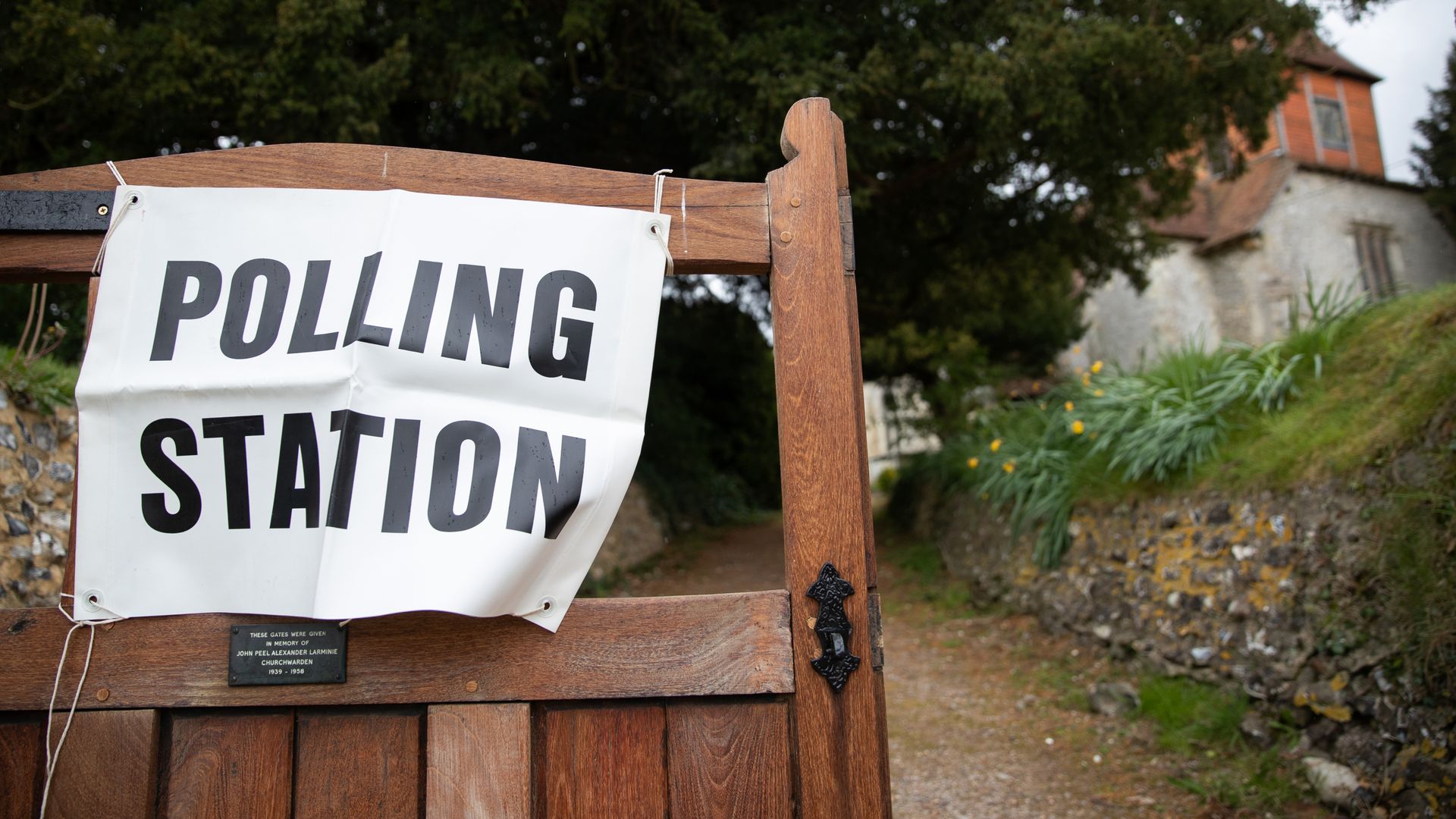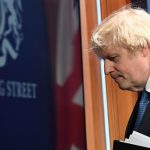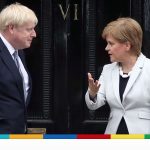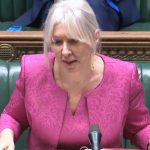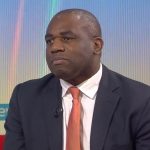Thursday’s local elections have been pencilled in as a day of peril for Rishi Sunak for so long, it’s hard to remember when Tory turbulence – and maybe even a leadership challenge – was not expected after 2 May.
Most council seats up for election were last contested in 2021, the high watermark of Boris Johnson’s political prowess, when the Tories were benefiting from a vaccine bounce.
Since then, the party has plunged in the polls after ploughing through two prime ministerial downfalls.
But in the Politics At Jack And Sam’s podcast, Politico UK editor Jack Blanchard and I explore whether it might be Labour who have the harder job to do if they don’t clean up some of the highest profile races, with Tories winning in long-time Labour areas.
👉 Listen above then tap here to follow Politics at Jack at Sam’s wherever you get your podcasts 👈
Thursday’s local elections see 107 councils, 10 high-profile metro mayors and a parliamentary by-election in Blackpool South.
Unusually, both Tories and Labour are broadly setting their expectations in the same place and, by also studying the work of Sky analyst Professor Michael Thrasher, we’ve been working out what might happen.
Local elections: What’s at stake – for voters and parties?
A reset week for Rishi but what will the local elections bring?
A crisis of trust in our politics spells trouble for the government
Please use Chrome browser for a more accessible video player
They both expect the council elections to see decent Labour seat gains and much bigger Tory losses, with the Tories specifically endorsing Thrasher’s analysis that they could be on course for 500 losses. That’s half the candidates they’re putting up.
It’s worth pointing out that of the 107 councils up, the Conservatives only control 18, so there aren’t many for them to lose outright.
They both say that the metro mayor contests could be the most important races of the night, and they both think it’s fairly likely Ben Houchen will win, meaning the Tories will hold on to the mayoralty of Tees Valley.
Labour deny suggestions they have been pulling resources from the seat, but concede victory will be hard.
West Midlands on a knife edge
Figures in both main parties think the West Midlands metro mayor race is on a knife edge, and that Tory Andy Street will probably win this, but they’re both not sure.
If that happens, it could be down not only to Street’s independent campaign which emphasised differences with Sunak, but also to George Galloway protege the youthful lawyer Akhmed Yakoob who is campaigning on Gaza, splitting the Labour vote.
Labour think they will pick up East Midlands, although while the Tories concur, they hope that their candidate, MP and council leader Ben Bradley, gets at least a decent showing.
Meanwhile, though the new North Yorkshire mayor, which encompasses Rishi Sunak’s seat, will probably go Tory, there are some positive signs for Labour.
I’m told while Labour are hopeful the new North East mayoralty will be taken by Kim McGuinness (who they’re more proud than some candidates), the ex-Labour mayor Jamie Driscoll, who was suspended, is a wild card that could disrupt the party’s efforts.
Both parties expect the Tories to lose the parliamentary seat of Blackpool South.
Please use Chrome browser for a more accessible video player
So what if this is the outcome – as both parties seem to be signalling?
There’s no doubt the results will be bad for the Tories, losing so many foot soldiers. Maybe the odd council.
But one of the biggest consequences in this election cycle is how Tories in parliament respond to this, and what they decide to do about it – if anything.
If they hang on to Tees Valley and/or West Midlands, they can claim some Red Wall success. Even if those candidates had campaigns very independent of Rishi Sunak’s Conservatives.
Rebels are gearing up
The rebels are gearing up with their 100 day “policy blitz” plan – they’ve said that to me – with or probably without Rishi Sunak, but I think they know this might not being the moment they hoped.
If both Street and Houchen win – I don’t think the rebels think there’s a chance letters go in, even though the rebels still think Tories will get annihilated at the general election.
Remember, you need 53 MPs to send letters of no confidence to Sir Graham Brady, and they’ve got two publicly.
Then there’s Labour. Labour will do well objectively, but again, there are sky-high expectations given recent polling.
Labour this year have done a more concerted effort on expectation management than I’ve seen in years ahead of this election, and they’ve told us very plainly that they were going to concentrate in the East Midlands, West Midlands and Tees Valley.
And that the mayors are the best guide to what’s going on.
They add that they’re doing this for the very simple reason there are lots of Parliamentary seats in the same geographical area, so you get double bubble – you’re campaigning for the GE too.
But now they now expect to lose one, maybe two of those races, Tees and West Midlands and there could be a decent Tory share of the vote in a third, the East Midlands.
Read more:
Rishi Sunak pledge tracker: PM’s progress on five goals
PM can no longer blame political opponents if Rwanda scheme fails
How much of an impact will Rwanda act have?
So that doesn’t feel that great against what they were pointing to a few weeks ago.
Then look at council seats. If they gain net 350 seats – that’s the same improvement as last year, and not necessarily on course for Blair-style wins seen in some polling recently.
And then there will be the National Equivalent Vote, coming at the weekend from Thrasher and Rallings, which takes the local results and projects those voting figures into a nationwide vote estimate.
This had Labour on 30% in 2021, when they didn’t do so well, then 35% in 2022 and 36% last year. Does it go up? By how much?
Labour say they’re sure they will have a good story to tell whatever happens. But oddly, they may have the harder job, which is perhaps why some Labour figures are more jittery than their Tory counterparts.
Let’s see if that remains true in a week.
The full list of metro mayor elections and candidates
Tees Valley: Ben Houchen (Conservative), Chris McEwan (Labour), Simon Thorley (Lib Dems)
West Midlands: Andy Street Conservative, Richard Parker Labour, Sunny Virk Lib Dems, Siobhan Bridget Harper-Nunes Green Party, Elaine Ruth Williams Reform UK, Akhmed Yakoob Independent.
North East: Guy Renner-Thompson Conservative, Kim McGuinness Labour, Aidan King (Lib Dems), Andrew Gray (Green), Paul Donaghy (Reform UK), Jamie Driscoll (Independent)
East Midlands: Ben Bradley (Conservative), Claire Ward (Labour), Helen Tamblyn-Saville (Lib Dems), Frank Adlington-Stringer (Green), Alan Graves (Reform UK), Matt Relf (Independent)
Greater Manchester: Laura Evans (Conservative), Andy Burnham (Labour), Jake Austin (Lib Dems), Hannah Katherine Spencer (Green), Dan Barker (Reform UK), Nick Buckley (Independent)
Liverpool City: Jade Louise Marsden (Conservative), Steve Rotheram (Labour), Rob McAllister-Bell (Lib Dems), Tom Crone (Green), Ian Edward Smith (Independent)
South Yorkshire: Nick Allen (Conservative), Oliver James Coppard (Labour), Hannah Kitching (Lib Dems), Douglas James Preston Johnson (Green), David Bettney (Social Democratic Party)
West Yorkshire: Arnold Eric Craven (Conservative), Tracy Lynn Brabin (Labour), Stewart Golton (Lib Dems), Andrew Varah Cooper (Green), Bob Buxton (Yorkshire Party), Jonathan Richard Tilt (Independent)
York and North Yorkshire: Keane Charles Duncan (Conservative), David Skaith (Labour), Felicity Claire Cunliffe-Lister (Lib Dems), Kevin Foster (Green), Paul Haslam (Independent), Keith Graham Tordoff (Independent)
London: Susan Mary Hall (Conservative), Sadiq Khan (Labour), Rob Blackie (Lib Dems), Zoe Garbett (Green), Howard Cox (Reform UK), Amy Gallagher (Social Democratic Party), Count Binface (Count Binface for Mayor of London), Brian Benedict Rose (London Real Party), Femy Amin (Animal Welfare Party), Nick Scanlon (Britain First), Natalie Denise Campbell (Independent), Tarun Ghulati (Independent), Andreas Christoffi Michli (Independent)
